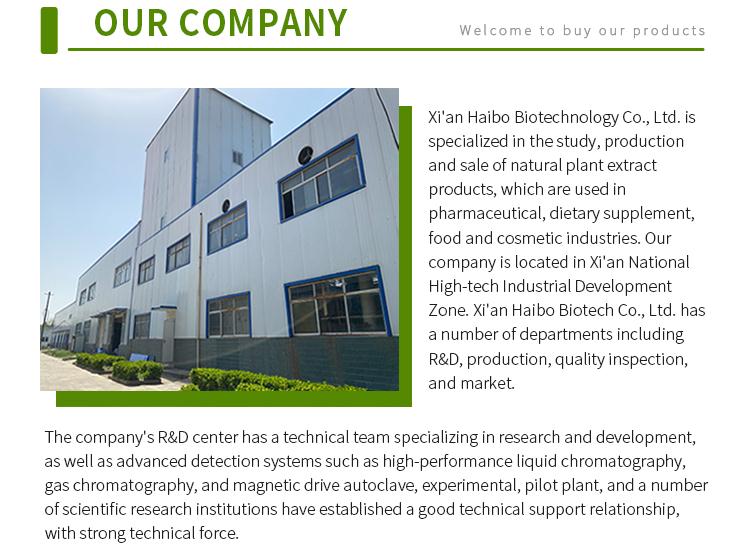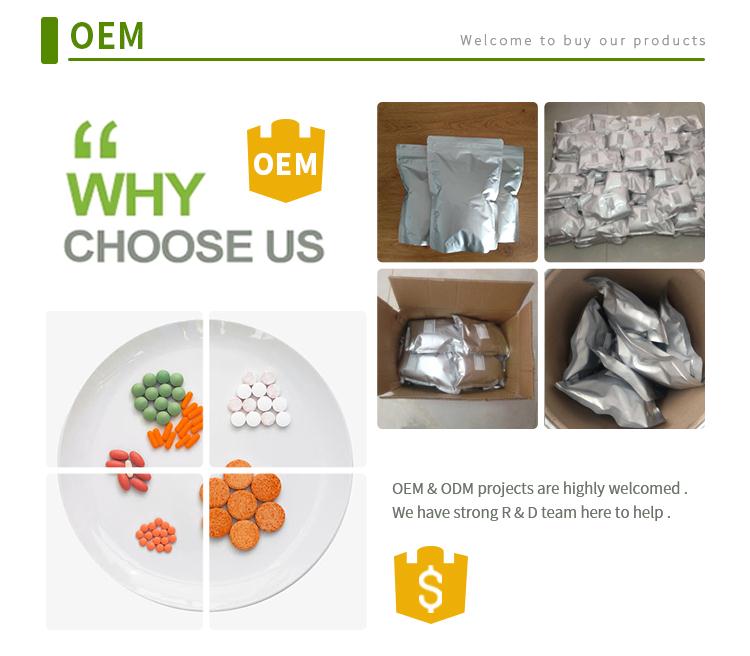Xanthophyll, a promising substance in the field of botany, is now gaining popularity. Lutein not only acts as an antioxidant to reduce the risk of cancer and heart disease, but also plays an important role in protecting the eyes. Lutein is an important carotenoid present in the eye. According to a recent report in Ophthalmology, foods containing lutein can prevent cataracts and protect the eyes from age-related macular degeneration.
effect
Vision protection: Lutein has an important protective effect on the macula in the retina, and it is easy to cause macular degeneration and blurred vision when it is lacking. Then appear vision degradation, myopia and other symptoms. Lutein is a precursor of NA that can be converted into VA in the human body. The main physiological function of lutein on the eye is as an antioxidant and photoprotective. The optic nerve is non-regenerative and is easily damaged by harmful free radicals. The antioxidant effect of lutein can inhibit the formation of harmful free radicals. Lutein can absorb a lot of blue light, and the wavelength of blue visible light is close to ultraviolet light, which is the most potentially harmful light that can reach the retina. Light passes through the highest concentrations of lutein before reaching sensitive cells in the retina, and an abundance of lutein in the macula minimizes this damage.
Antioxidant effect: lutein has a strong oxidation effect, which can inhibit the activity of reactive oxygen species and prevent the damage of reactive oxygen species to normal cells. Relevant experiments have proved that reactive oxygen species can react with DNA, proteins, lipids, weaken their physiological functions, and then lead to the occurrence of chronic diseases such as cancer, arteriosclerosis, age-related yellow devils degeneration. Lutein can inactivate singlet oxygen through physical or chemical quenching, so as to protect the body from damage and enhance the immune capacity of the body.
Reduce the incidence of cataract: Cataract is the main eye disease leading to blindness worldwide. The latest research has proved that increasing the intake of lutein can achieve the purpose of survival rate. Currently, the mechanism is believed to be that low macular pigment density is closely related to high lens visual density in middle-aged and elderly people, and high lens visual density is considered to be an obvious feature of cataract.
Delay arteriosclerosis and anti-cancer effect
Delaying arteriosclerosis: Recent studies have shown that lutein has a delaying effect on the early arteriosclerosis process. It is mainly the relationship between the thickness of arterial intima and the content of lutein in blood. The low content of lutein in blood is very likely to cause arterial wall thickening. With the gradual increase of lutein content, the trend of arterial wall thickening decreases, and arterial embolism is also significantly reduced. At the same time, Xanthoxylum in arterial wall cells can also reduce the oxidation of LDL cholesterol.
Anti-cancer effect: Many studies have shown that lutein has an inhibitory effect on a variety of cancers, such as breast cancer, prostate cancer, rectal cancer, skin cancer and so on. According to a recent study by the New York University School of Medicine, there is a strong relationship between reduced breast cancer incidence and lutein consumption, and the study found that the experimental group with low lutein consumption was more likely to have breast cancer than the group with high consumption (2.08 to 2.21). This effect may involve indirect immunomodulatory effects in coordination with other organ tissues. The study concluded that taking lutein in the diet can not only inhibit tumorigenesis but even prevent tumorigenesis. It is recommended that an average daily intake of 400g to 600g of fruit and vegetables can reduce the relative risk of cancer by 50%.
Storage Condition | Keep in a cool and dry place |
Transportation | By Sea or by Air(DHL/UPS/TNT/FEDEX/EMS) |
Delivery Time | 7-28 days |
Payment | T/T, Western Union or Bitcoin |

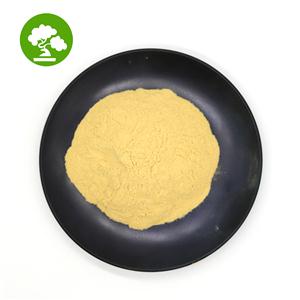

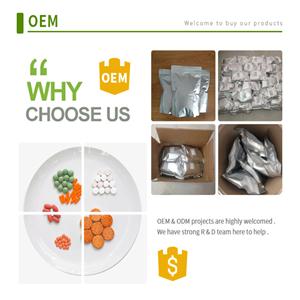
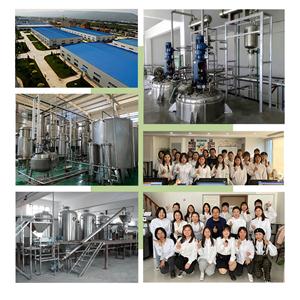


 China
China
